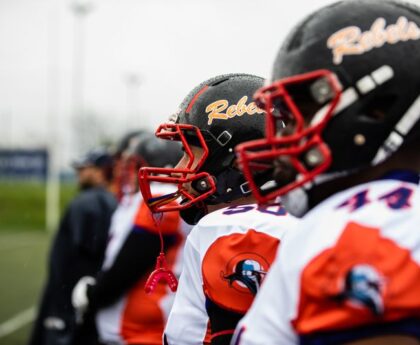Massive Growth of McDougall Creek Wildfire in West Kelowna
Time-lapse videos taken Thursday night and into Friday morning show the alarming growth of the McDougall Creek wildfire in West Kelowna. The videos capture the smoke billowing across the community, followed by flames igniting on the hillside as day turns to night. The fire has rapidly expanded, growing from about 1,100 acres to a staggering 6,800 acres.
Structures Lost in West Kelowna
Officials have confirmed that “significant structures” have been lost in West Kelowna due to the wildfire. While the exact number is not known, Loyal Wooldridge, chair of the Regional District Central Okanagan (RDCO) Board, stated that structures have been lost in the Traders Cove area and Bear Lake Road in the City of West Kelowna.
Deteriorating Situation
The McDougall Creek wildfire has presented a challenging fight for the West Kelowna fire department. The fire chief described the situation as “worse than we had expected,” highlighting the difficulty in containing the blaze. The BC Wildfire Service is also expecting strong winds, which are likely to exacerbate the fires in Kelowna and West Kelowna.
Philosophical Discussion: The Changing Face of Wildfires
As wildfires continue to ravage communities around the world, it becomes increasingly important to reflect on the changing face of these disasters. Time-lapse videos like the ones capturing the McDougall Creek wildfire offer a unique perspective on the rapid and destructive transformation that wildfires can undergo.
These videos highlight the fast-paced nature of wildfires, which can escalate from mere smoke to raging flames in a matter of hours. The scale and intensity of these fires demonstrate the urgent need for effective response strategies and comprehensive planning to mitigate their impact.
Wildfires are not solely a consequence of natural factors, such as dry weather or lightning strikes. Human activities, including inadequate land management and climate change-induced temperature shifts, have also played a significant role in the increasing frequency and severity of wildfires.
Addressing the challenges posed by wildfires requires a multifaceted approach that encompasses both immediate response efforts and long-term strategies. It is crucial to invest in robust firefighting capabilities, ensure effective communication and coordination between various agencies, and implement sustainable land management practices to reduce the risk of future wildfires.
Editorial: A Call for Resilience
The devastating impact of the McDougall Creek wildfire serves as a sobering reminder of the urgent need for resilience in the face of natural disasters. Communities, policymakers, and individuals alike must closely examine their preparedness and response measures to minimize the damage caused by wildfires.
First and foremost, it is essential to invest in comprehensive fire prevention strategies, including improved land management and the mitigation of climate change impacts. By proactively reducing fuel sources and implementing sustainable practices, the risk of catastrophic wildfires can be significantly reduced.
In addition, communities must prioritize early warning systems, evacuation plans, and robust firefighting capabilities. These factors can make a substantial difference in preventing the loss of life and property during wildfire events.
At an individual level, it is crucial for residents to stay informed, follow evacuation orders, and be prepared for emergency situations. Taking proactive steps, such as creating defensible spaces around homes and having emergency kits readily available, can significantly enhance personal safety.
Conclusion: The Path Forward
As we witness the devastating growth of the McDougall Creek wildfire in West Kelowna, it is imperative that we reflect on the broader implications of these events. Wildfires are not isolated incidents but rather a manifestation of broader challenges, including climate change and human intervention. Addressing these issues demands a collective effort and a commitment to fostering resilience at all levels.
The McDougall Creek wildfire presents an opportunity for West Kelowna and other communities to reassess their preparedness, response, and land management strategies. By learning from this catastrophe, we can strive to build more resilient and adaptive communities that are better equipped to face the evolving threat of wildfires.

<< photo by cottonbro studio >>
The image is for illustrative purposes only and does not depict the actual situation.




